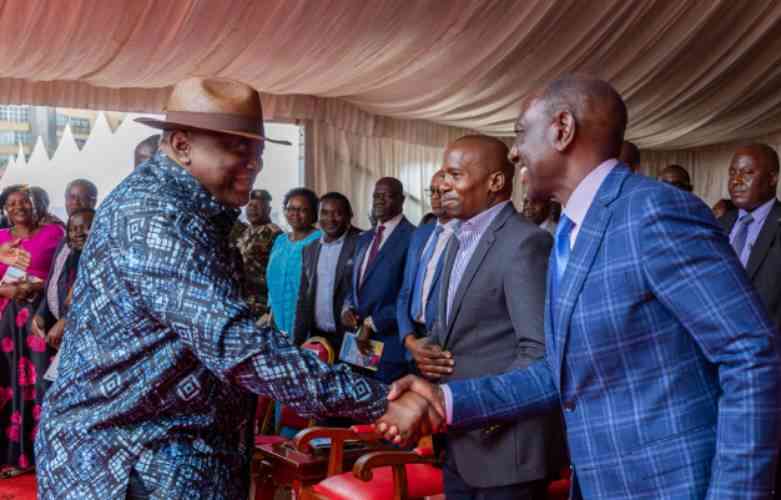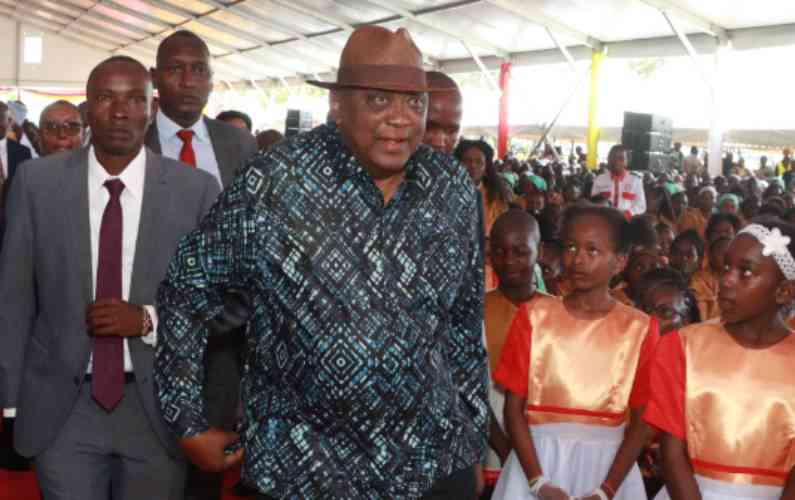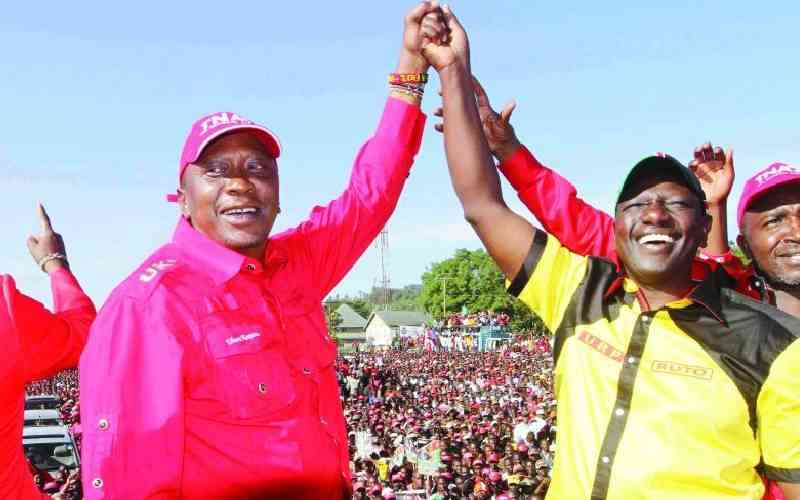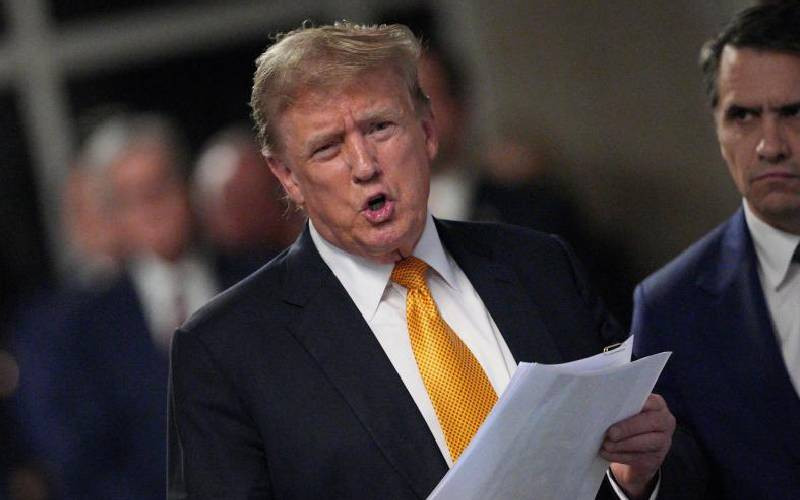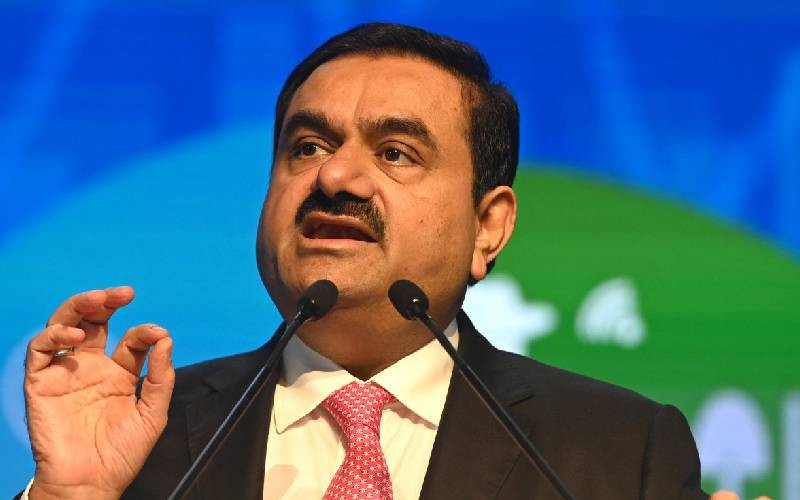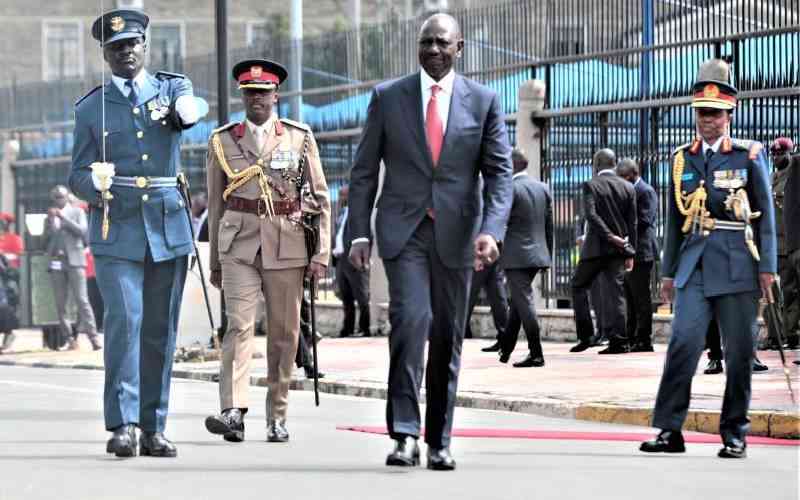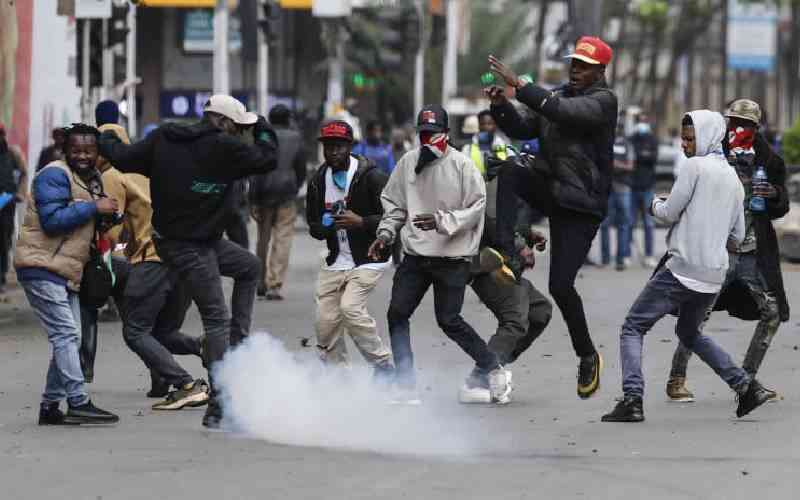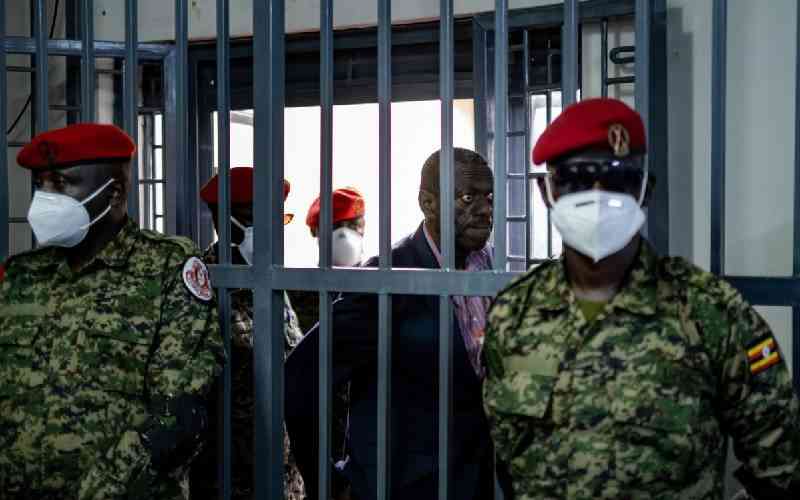Kenya emerged from the 2017 elections a fractured nation. As the dust settles, this disruptive effect is manifesting, with the World Bank downgrading Kenya’s economic growth from 5.5 to 4.9 percent.
The election also tested our constitution until possible fears of a constitutional crisis and national collapse emerged. Thankfully, the constitution prevailed and the nation was preserved because the institutions worked. This competitive nature of our presidential elections and its polarizing effect reveal the disconcerting fact that 53 years after independence, Kenya is yet to fix its basics.
After independence, Kenya declared war on poverty, ignorance and diseases. 53 years later, we are still grappling with the same challenges. When elections come, they expose our vulnerability with people still remaining easy prey, duped by politicians with false ‘messianic’ promises and every voter has a prize, sometimes as low as Sh50 and violence becoming the dubious distinction of our elections.
And so the biggest problem in Kenya that makes presidential elections a life or death contest is the unfinished business of 1963. No matter how progressive our laws are, for as long as the people remain poor, sick and ignorant, all efforts including reforms shall be like running on a tread mill, no matter how fast you run or how many strides you make, you remain on the same spot.
Asian tigers
Countries that have made tremendous progress in fixing their economies and their national fabric started by fixing the basics. Singapore under Lee Kuan-Yew transitioned from third to first world status within one generation and Malaysia under Mahathir Mohammed became a global powerhouse through rapid modernization programs and infrastructure development. Today, these countries enjoy a very strong nationalist sentiment because of their prosperity dividend.
James Freeman Clark said that “politicians think of the next elections. Statesmen think of the next generation”. Today, Lee Kuan-Yew and Mahathir Mohammed are considered statesmen, ranking amongst ‘great unifiers’ who cemented their nations through the path of economic prosperity.
It is from this perspective that President Uhuru, in his Jamuhuri Day Speech, outlined his plan for Kenya for the next five years. Christened the ‘Big Four’, it’s a bold attempt to craft a final solution to this problem that has haunted Kenya since independence. The four pillars of the ‘Big Four’ are manufacturing, affordable housing, health for all and food security and their outcomes include 500,000 low cost houses, universal healthcare, a 10 fold exports increase, irrigation of 1.2 million acres of land, millions of new jobs, establishment of industrial zones and increased access to energy including power incentives for industries.
Unwavering support
This is a game changer that also builds from the gains of the past including the Constitution of Kenya 2010 and recent progress made in the infrastructure development. If achieved, the poverty perpetuating dependency that politicians capitalize on to achieve their ends while exploiting the masses shall come to an end. With a strong, healthy, secure and wealthy population, Kenya shall transition into a civil democracy with changed political behaviour and issue based politics.
However, this is only achievable if everybody rallies behind the President. A legacy begets prosperity dividends for the enjoyment of all Kenyans and should therefore be supported as a national priority. Development partners calling for dialogue should show due regard to the sovereignty of Kenyans and the capacity of their institutions including parliament and devolved units to address their dialogue points. As valued friends of Kenya, the envoys work around shared interests including trade, development and security and the action plan provides opportunities to engage within their various foreign policy cooperation frameworks. It will be mutually beneficial therefore for them to commit themselves towards supporting the realization of the ‘Big Four’.
This is also a critical time and sensitive calls for a return to high octane political engagements can be detrimental to the nation. The elections are over and it’s time to build Kenya, and for a highly beneficial national aspiration like the ‘Big Four’, all hands are needed on deck. Caution should also be taken lest suspicions of a veiled return to ‘carrot and stick diplomacy’ return to haunt cordial working relationships.
Singapore and Malaysia demonstrated that progress and reforms are only tenable if the basics are fixed. The Kenyan basics is the unfinished business of dealing with poverty, ignorance and disease and the ‘Big Four’ is the best opportunity to fix them. We are at a critical moment before ‘take off’ and the Captain should not be distracted.
Mr Kipkulei is Senior Associate Consultant at Sovereign Insight Ltd. [email protected]
Stay informed. Subscribe to our newsletter
 The Standard Group Plc is a
multi-media organization with investments in media platforms spanning newspaper
print operations, television, radio broadcasting, digital and online services. The
Standard Group is recognized as a leading multi-media house in Kenya with a key
influence in matters of national and international interest.
The Standard Group Plc is a
multi-media organization with investments in media platforms spanning newspaper
print operations, television, radio broadcasting, digital and online services. The
Standard Group is recognized as a leading multi-media house in Kenya with a key
influence in matters of national and international interest.
 The Standard Group Plc is a
multi-media organization with investments in media platforms spanning newspaper
print operations, television, radio broadcasting, digital and online services. The
Standard Group is recognized as a leading multi-media house in Kenya with a key
influence in matters of national and international interest.
The Standard Group Plc is a
multi-media organization with investments in media platforms spanning newspaper
print operations, television, radio broadcasting, digital and online services. The
Standard Group is recognized as a leading multi-media house in Kenya with a key
influence in matters of national and international interest.

